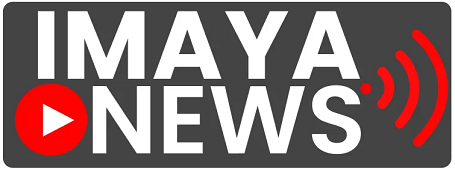
Iran said multiparty talks to revive the 2015 nuclear deal are likely to resume within the next few weeks, after months of delays that raised tensions in the Persian Gulf and left oil traders wondering when the Islamic Republic’s crude is likely to return to markets.
Before talks stalled in the lead up to Iran’s June presidential election, European powers, China and Russia — the remaining parties to the beleaguered agreement — had been brokering indirect talks between the U.S. and Iran. They have all been informed of the latest timeline, Iranian Foreign Ministry spokesman Saeed Khatibzadeh told state-run Islamic Republic News Agency.
Khatibzadeh spoke on the sidelines of the United Nations General Assembly in New York on Tuesday, where Iran’s Foreign Minister Hossein Amirabdollahian is planning separate bilateral meetings with the mediating powers.
Iran has no plans to hold multilateral talks during the UN summit, Khatibzadeh said. Iran’s President Ebrahim Raisi is also expected to deliver a pre-recorded speech to the gathering of world leaders later Tuesday.
The UN assembly coincides this year with the International Atomic Energy Agency’s conference in Vienna, where Iran has also been under the spotlight after it dodged a diplomatic censure over its atomic activities. The country’s top nuclear official, Mohammad Eslami, called on the U.S. to lift its sanctions in order for Iran to return to its obligations under the moribund 2015 agreement.
Iran Says It May Hold Nuclear Talks at UN Summit in New York
The future of the deal has been hanging by a thread since former U.S. President Donald Trump abandoned it in 2018 and imposed bruising penalties on Iran. Tehran, in retaliation, significantly expanded its atomic activities and both countries have been locked in a standoff over how they should return to full compliance.
The impasse has helped fuel regional conflicts, including in some of the world’s most important shipping lanes.
The Biden administration wants to return to the pact but the arrival of a new hardline administration in Iran has thrown fresh doubts on whether the original six-year-old agreement, which would lift sanctions on the Islamic Republic’s economy and loosen restrictions on oil exports, can be salvaged.
Iran has long maintained that its nuclear program is for peaceful, civilian use only but concerns among Western powers that Tehran might acquire the ability to build atomic bombs catalyzed years of diplomacy leading up to the multiparty deal.



